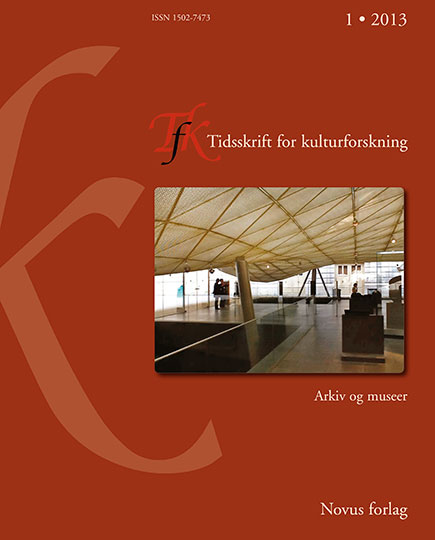Sammendrag
Norwegian Ethnological Research (Norsk etnologisk gransking / NEG) is a tradition archive and a research institution. Since 1946 the archive has been documenting cultural history by means of qualitative questionnaires. We are now developing new electronic tools, and we need to define the objectives that these tools should serve. The text examines and discusses the archive's reasons for existence in a present-day contextThe original charter of NEG was to document traditional knowledge in a rapidly changing and modernized society. In the late 1970s the objectives were redefined to include the documentation of present-day culture. The UNESCO Convention for the Safeguarding of the Intangible Cultural Heritage (Paris October 17, 2003, offers an opportunity to reconsider how we may function as a tradition archive. The text points out how the functions of archives in modern societies have been systematically neglected in the process of implementing the UNESCO convention in Norway. A recent government report, Kulturutredningen 2014, (NOU2013:4) stresses the democratic qualities of cultural institutions. Culture activities form the foundation of communities. The democratic ideal stating that every citizen should have the opportunity to participate in shaping their living conditions, implies that we should keep an open eye on the democratic potentials of the various institutions and strive to realize these potentials. Finally, the text attempts to identify and discuss the democratic qualities of NEG.
Forfattere beholder opphavsretten og gir tidsskriftet rett til første publisering av arbeidet. En Creative Commons-lisens (CC BY-SA 4.0) gir samtidig andre rett til å dele arbeidet med henvisning til arbeidets forfatter og at det først ble publisert i dette tidsskriftet.

